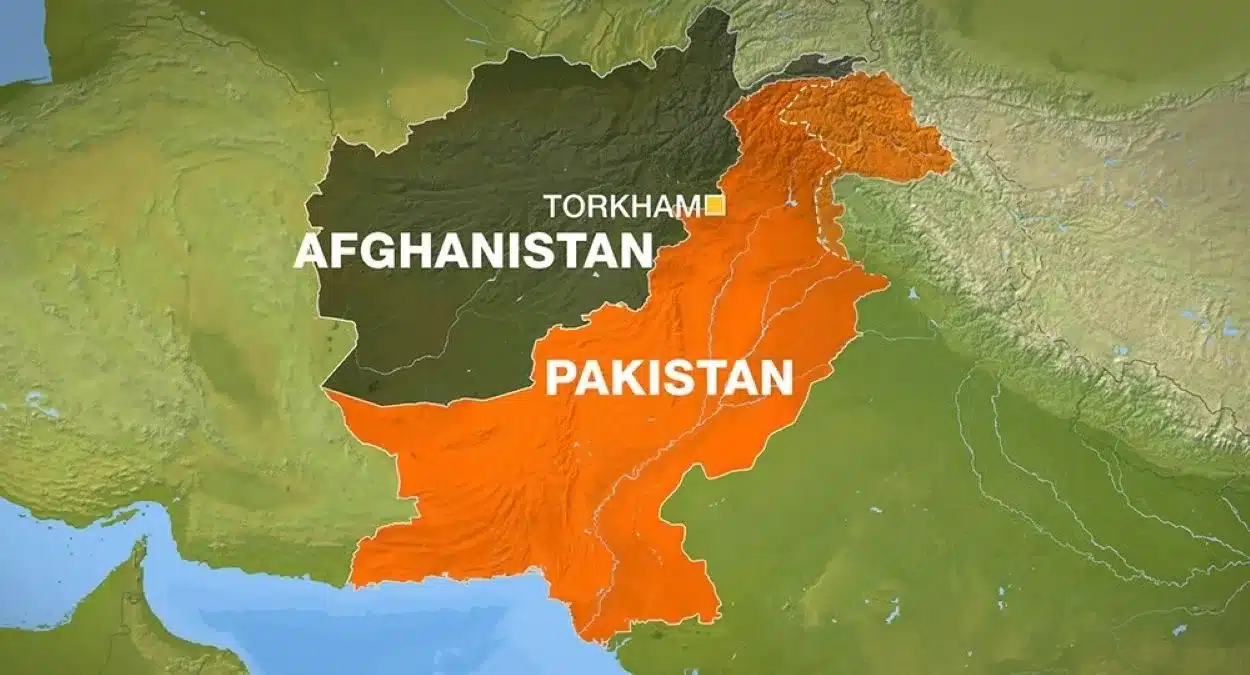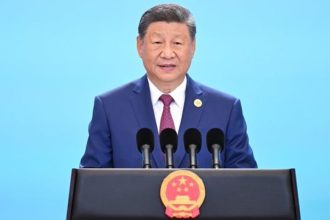Pakistan and Afghanistan agreed to extend their 48-hour ceasefire until the Doha peace talks conclude, Reuters reported, citing unnamed sources. A Pakistani delegation reached Doha, with Afghan officials expected on Saturday. However, security sources denied the delegation’s presence, stating it departs on October 18.
The truce, requested by Afghanistan on October 15, paused deadly clashes that killed 23 Pakistani soldiers and over 200 Afghan Taliban and TTP militants. Pakistan’s precision strikes in Kandahar and Kabul targeted militant strongholds.
Foreign Office spokesperson Shafqat Ali Khan said both nations are pursuing “constructive dialogue” for a “peaceful resolution.” Prime Minister Shehbaz Sharif signalled openness to talks, urging the Taliban to act for a permanent ceasefire. Tensions stem from Kabul’s alleged inaction against TTP, blamed for attacks in Pakistan.
طالبان کے 2021سے اقتدار میں آنے کےبعد سے لیکر پاکستان میں امن اور افغانستان سے دراندازی کے لئے ھماری حکومت کی کوششوں کا تفصیلی جائزہ۔۔۔
1-وزیر خاجہ کے کابل وزٹ 4
2-وزیردفاع اور ISI وزٹ2
3-نمائندہ خصوصی 5وزٹ
4-سیکرٹری 5وزٹ
5- نیشنل سیکورٹی ایڈوائزر 1وزٹ
6-جوائنٹ کوآرڈینیشن…
— Khawaja M. Asif (@KhawajaMAsif) October 17, 2025Defence Minister Khawaja Asif criticised Afghanistan’s “proxy” role with India, listing extensive diplomatic efforts: four FM visits, two ISI visits, and 836 protest notes. He demanded Afghan refugees return, ending “enforced hospitality.” “Terrorism sources will pay a heavy price,” he warned on X.
Read: Pakistan Blames Noor Wali Mehsud for Cross-Border Attacks from Afghanistan
The ceasefire and talks offer hope to end cross-border violence, impacting trade and stability. A successful Doha outcome could reshape relations.






